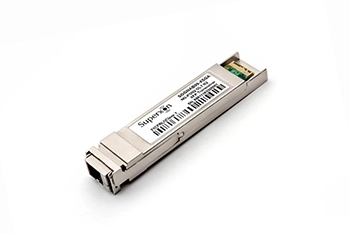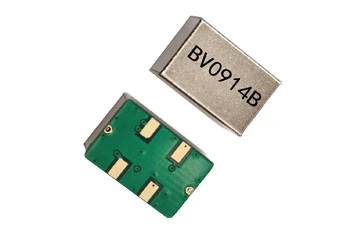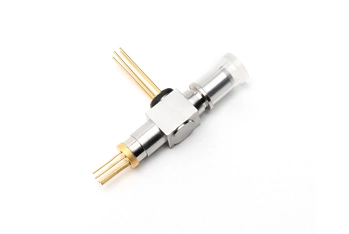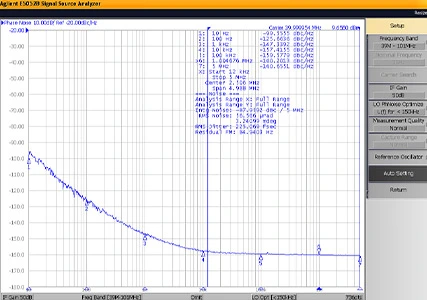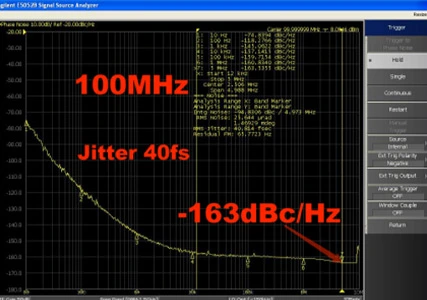The most common need for ultra-stable OCXOs is in new space, satellite, and SmallSat communication apps. A communications satellite is going to endure a high level of vibrations and microvibrationsduring launch and while traveling in orbit. These vibrations (even tiny microvibrations) have the potential to throw off the frequency in the satellite and could also lead to unnecessary phase noise. Many Ultra-stable OCXOs are designed to take on these vibrations and prevent frequency disruptions. Ultra-stable OCXO is also being used on NASA deep space missions and on future planetary entry probes. It’s important to maintain high frequency stability in the deep, dark depths of space.
Along the lines of satellites, ultra-stable oscillators are also used in the designs of GPS disciplined oscillators (GPSDO) that are used in GPS and GNSS satellites. GPSDOs work great for timing in GPS satellites because high frequency stability is a must when providing positional accuracy for GPS in navigation.
Frequency synthesizers are used in many modern devices such as
radio receivers
televisions
mobile telephones
radiotelephones
walkie-talkies
CB radios
satellite receivers
GPS systems
The stability and accuracy of the frequency synthesizer's output are related to the stability and accuracy of its reference frequency input. Therefore, synthesizers require stable and accurate reference frequencies.
Synthesizers and test equipment need to be spot on accurate when conducting frequency tests or simulations. Otherwise, even small inconsistencies in the frequency can completely throw off the performance of future applications and specs. This is why an ultra-stable oscillator is necessary for these devices…to maintain a spot-on frequency while the application is in use.
While volcanos and blizzards may also be great environments for an ultra-stable oscillator, military communication devices can be extreme for crystal oscillators as well. This is once again due to their susceptibility to high levels of vibration, large g-force deviations, phase noise, and possibly even activity dips.
As you can imagine, military communication devices must be spot on 100% of the time. Think of a Doppler Radar used to quickly detect the exact distance, speed, direction, etc. of a close by enemy aircraft. The signal must be extremely exact and give a very accurate reading. It could mean the difference between life and death.
New and growing military communication devices include.
Ground Mobile Radios (GMR)
Mesh Network
Satellite Systems
Cognitive Radio
RADAR
If any of these communication signals are thrown off because of vibrations & other external factors influencing the oscillator, there could be serious consequences. This is especially true for Doppler Radar use. Using an ultra-stable oscillator might be the answer to solving many oscillator problems related to high vibrations or low-g compensation in these extreme environments.
Our entire world is connected and run on timing. Of course, we want the most accurate and precise timing used across the globe through base stations. Otherwise, a wide variety of problems could arise due to even the smallest inconsistencies in timing signals. Rapid and large deviations in temperature are probably the biggest concern when it comes to frequency stability problems in base stations. Ultra-Stable OCXOs allow for a very consistent and precise output pulse, even with frequent deviations in temperature...making them perfect for wireless base stations.
Above all, Xtaltq's TCXO are improving and meet these applications such as TCXO 7050, TCXO 5032 etc. Small size and high precision are good to optimize performance and apperance.Wider operating temperature can be adapted to extreme enviroment.
 English
English français
français Deutsch
Deutsch Español
Español русский
русский


